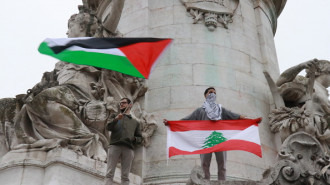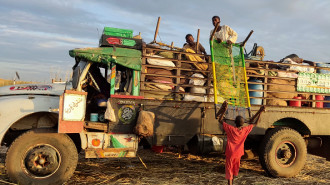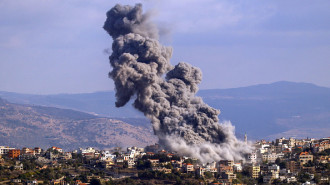10 Yemeni soldiers killed in 'dangerous escalation' in Taiz: government officials
Ten Yemeni soldiers were killed in an overnight rebel attack near the blockaded city of Taiz, Yemen's government said on Monday, calling it a "dangerous escalation" after a months-long ceasefire.
The assault, which also left several soldiers wounded, was aimed at cutting off a key route to the southwestern city of about two million, the government said.
The Iran-backed Houthi rebels have blocked main roads into Taiz since 2015, the same year that a Saudi-led coalition intervened in the conflict.
Yemen's warring parties have been observing a ceasefire since April, bringing a drastic reduction in hostilities although small-scale fighting has continued.
The Taiz attack was a "blatant challenge to all initiatives and efforts seeking to end the war and achieve peace", Yemen's internationally recognised government said in a statement.
It was "an attempt to undermine efforts to expand and extend the humanitarian truce", it added.
Military sources said the rebels, who hold much of Yemen including the capital Sanaa, were trying to cut off the road linking Taiz with government-controlled Lahj.
The rebels infiltrated army sites and clashed with government soldiers in a battle fought on multiple fronts, they said. No detail was available on rebel casualties.
Also on Monday, 16 human rights groups made a joint appeal for the Houthis to open roads into Taiz to ease growing humanitarian problems in Yemen's third-biggest city.
"Dangerous and poorly maintained mountain roads are the only connection between Taiz city's besieged population and the rest of the world," said Michael Page, deputy Middle East and North Africa director at Human Rights Watch.
"Opening the main roads would help immensely to alleviate the suffering of a population that has been in near-total isolation for seven years".
Holding talks about opening the roads was one of the conditions of the UN-brokered truce. But despite meetings in Jordan, no breakthrough has been reached.

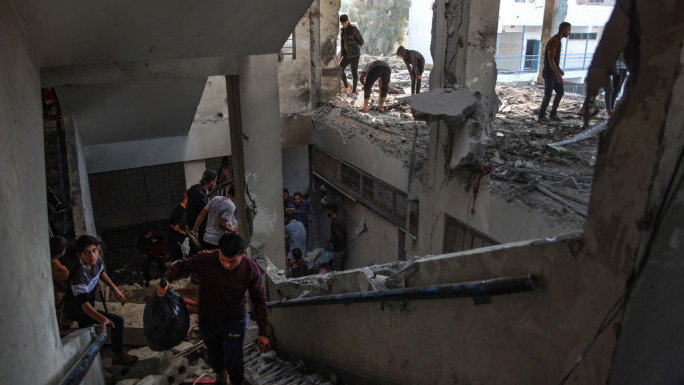
![President Pezeshkian has denounced Israel's attacks on Lebanon [Getty]](/sites/default/files/styles/image_684x385/public/2173482924.jpeg?h=a5f2f23a&itok=q3evVtko)

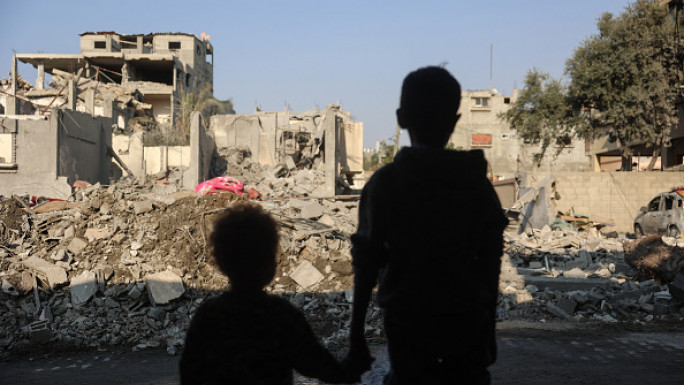

 Follow the Middle East's top stories in English at The New Arab on Google News
Follow the Middle East's top stories in English at The New Arab on Google News
